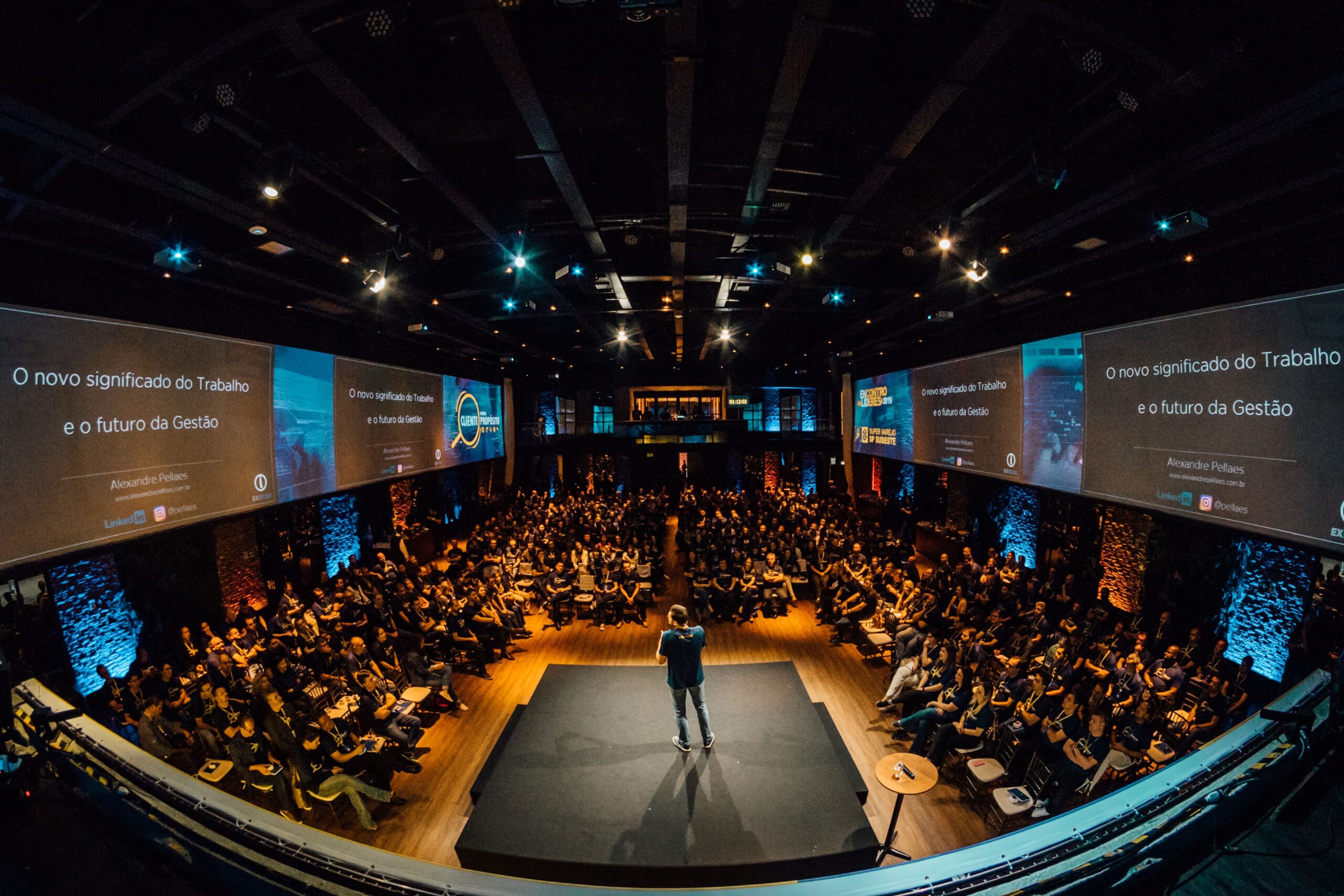
Leading in the industry
Meet
FEI-FEI LI
Fei-Fei has established a reputation as a pioneering researcher, advocate for ethical AI, and visionary leader

Achievements
A Double-Edged Sword
The Potential and Perils of AIFei-Fei Li believes that AI represents the latest in a long line of transformative technologies that have reshaped humanity for the better, despite inherent risks. “If we teleport ourselves into any moment in history—the moment fire was discovered, the moment the steam engine was made, electricity—I think the discussions will be very similar: the double-edged sword of technology. Technology is empowering, but with that power comes danger. I think the same goes with AI,” she says. As someone whose research has fundamentally shaped AI development, Li is uniquely positioned to comment on both its promise and the responsibility it demands
Laying the Foundations for Modern Image Recognition
Li’s groundbreaking work on image-recognition systems has had a profound impact on AI development. In 2006, she launched the ImageNet project, creating a database of labeled images that became the foundation for modern computer vision. By 2009, Li and her team had labeled 3.2 million images, enabling researchers to benchmark their AI models and accelerating advancements in image-recognition technologies. The ImageNet competition, first held in 2010, revolutionized the field by spurring innovation and pushing the boundaries of AI’s capabilities.
Commitment to Inclusion
Born in Chengdu, China, Li moved to the United States at age 15. She studied physics and computer science at Princeton and later earned a Ph.D. in electrical engineering from the California Institute of Technology. Except for a brief stint at Google (2017–2018), Li has dedicated her career to academia, where she has consistently championed diversity in AI. As co-founder of AI4ALL, she has worked to make AI more inclusive, fostering opportunities for underrepresented groups to contribute to the field.
Advocating for Public Investment in AI
i has expressed concern about the growing resource gap between academia and industry as AI development increasingly requires vast computational power. “I am concerned about the global gap of resources between academic AI and industry AI,” she notes. At a June 2023 meeting with President Joe Biden, Li called for a “moonshot mentality” to ensure AI serves the public good. Her work with the National Artificial Intelligence Research Resource (NAIRR) Task Force has focused on urging the government to provide AI computing resources to researchers. In July 2023, Congress introduced legislation to establish NAIRR, marking a significant step toward leveling the playing field for AI development.
As the co-director of the Stanford Institute for Human-Centered AI, Li remains deeply committed to ensuring AI is developed responsibly. Watching the movie Oppenheimer with her children, Li reflected on the parallels between AI research and the atomic age. “I do resonate really, really deeply with the sense of responsibility that scientists have,” she says. For Li, the ultimate goal is to align AI’s transformative potential with the values of global citizenship, creating technology that serves humanity as a whole.
Want to nominate yourself or others for the LeadBoard?
